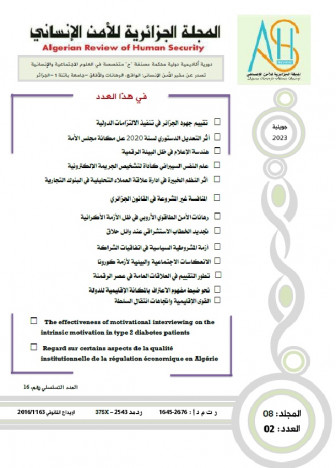Turkish Military Intervention in Libya and the Debate of Secession within State Failure
DOI:
https://doi.org/10.59791/arhs.v6i1.898Keywords:
Turkish Intervention, Violence, Secession, Libya, State Failure.Abstract
This study discusses the question of the military option adopted by the Libyan Government of National Accord in July 2019 in order to institutionalize the authorities and restore stability to resolve the abolitionist conflict after seeking help from the Turkish side after nearly a decade from the date of the fall of Muammar Gaddafi's regime by focusing on the nature and identity of the Turkish military intervention and its repercussions nationally. Regionally and internationally, as well as a controversial discussion complicating the process of democratic transition in Libya And the collapse of the social and political fabric with in presence of two governments and parliamentarians in the East and West. The absence of political consensus and the impossibility of social coexistence among the components of Libyan has caused a rift between Libyan tribal groups, than to external interference in the Libyan crisis after the emergence of the features of the failed state in the absence of social and functional integration and security deterioration with the prevalence of fear, are all dangerous indicators that strongly suggest a scenario of division rather than unity with the internal, regional and international threats."





